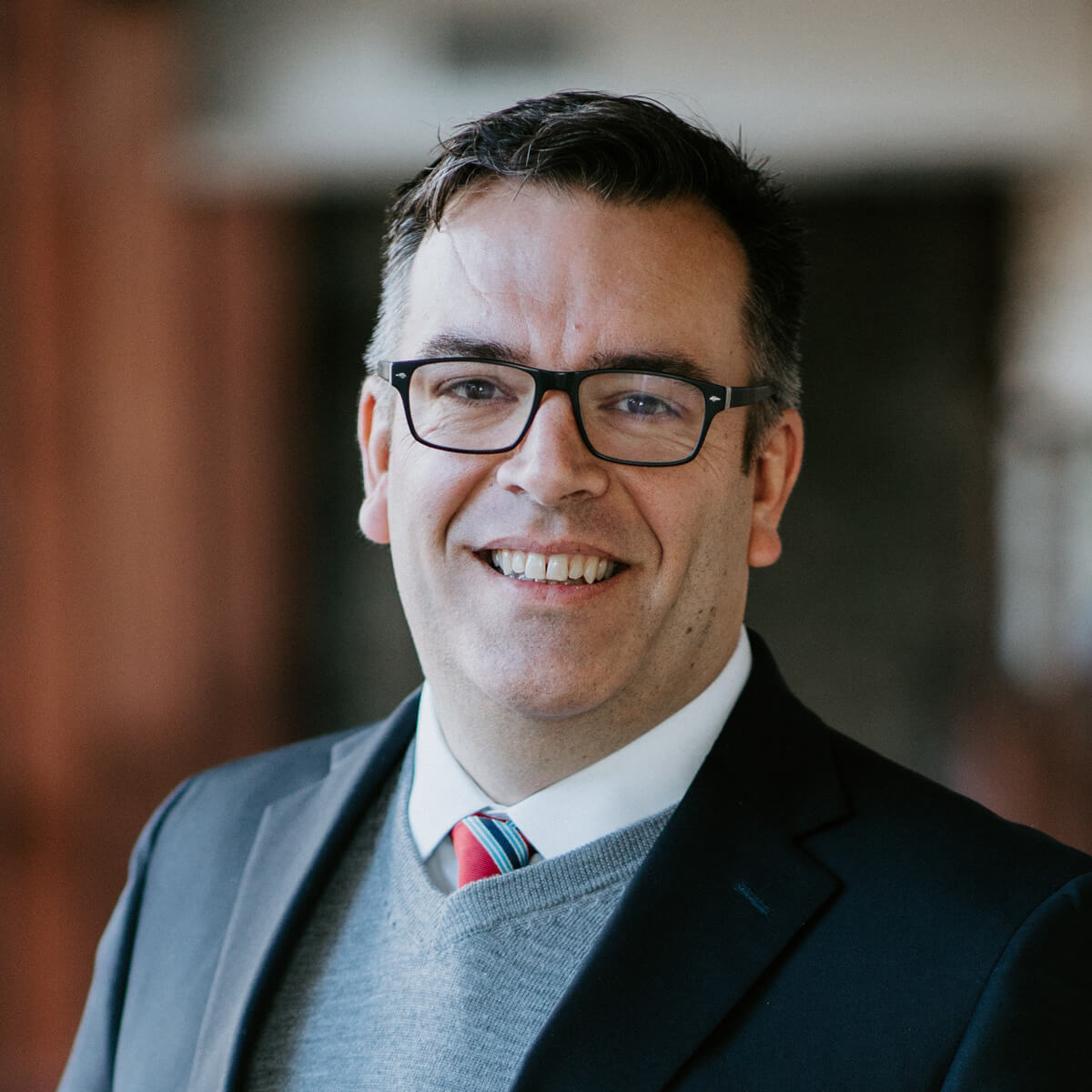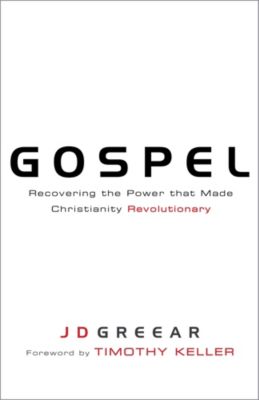
By John Mark Yeats
“________ is the greatest threat to the gospel.”
We say this a lot in evangelical church circles. We insert our favorite pet concern into the blank and attack from there. Just in the last 50 years, in one form or another, evangelical presses, conferences, and speakers insist that the gospel is threatened by forces external to it.
Watch how this has worked out:
“Wokeness is the greatest threat to the gospel!” – 2020s
“New Atheism is the greatest threat to the gospel!” – 2010s
“Postmodernism is the greatest threat to the gospel” – 1990s and early 2000s
“The breakdown of the family is the greatest threat to the gospel!” – 1980s
“The Sexual Revolution is the greatest threat to the gospel” – 1970s
“____ is the greatest threat to the gospel!” We say this a lot in evangelical church circles. We insert our favorite pet concern into the blank and attack from there. — @jmyeats Click To TweetThe warnings reflect a specific concern—fidelity to truth. The broader culture frequently embraces a new concept, philosophy, or ideal that challenge the claims of the cross. These challenges should not surprise us for Jesus reminded His followers that we would be hated, persecuted, and oppressed. As we enter seasons where external cultural forces make it difficult to live a life of faithfulness, our internal radar will frequently signal, “Danger!” We move to protect ourselves or warn our community, and rightly so.
But here’s the catch––these claims aren’t accurate, and worse, they feed into an instinct that moves us off mission.
What this “greatest threat” trope ignores is the clear teaching of Jesus that He will build His church and not even the gates of hell will prevail against it (Matthew 16:17-19). The gospel is never threatened because it is the Savior who ensures His kingdom will advance.
The gospel is never threatened because it is the Savior who ensures His kingdom will advance. — @jmyeats Click To TweetWe could move back in time some 1,800 years and listen to some of the early church apologists. In reading Justin Martyr (100-165), Irenaeus (130-202), or Tertullian (150-225), you hear firm assertions of the truth of Christianity to encourage believers in the faith, while also boldly confronting false assumptions about the church coming from external sources. These were high stakes––competing philosophies sought to mislead Christians. Meanwhile, in certain regions, faith in Christ meant a complete excising from culture. For some believers, claiming Christ could literally be a death sentence.
But note this: never once did they talk about these external issues as a threat to the gospel.
Early church fathers firmly asserted the truth of Christianity, while also boldly confronting false assumptions. But never once did they talk about these external issues as a threat to the gospel. Click To TweetInstead, they talked about the power of the gospel to supersede these distractions. Jesus was better. The claim, “Jesus is Lord!” became the reminder of our true allegiance. Jesus’ lordship gave believers peace and hope that He was still at work in their lives, in their church, and in their world, even if there was apparent chaos. From that position of strength and truth, they engaged a lost world bringing the hope of the gospel, trusting the power of their Savior to do His work.
And this is where we can lose the mission. When we are focused on the supposed threat without understanding the undefeatable power of the gospel, we are tempted to retreat, withdraw, and disengage from the very world that needs the hope that only comes through Jesus.
When we are focused on the supposed threat without understanding the undefeatable power of the gospel, we are tempted to disengage from the very world that needs the hope that only comes through Jesus. — @jmyeats Click To TweetI love how the author of Hebrews helped re-orient persecuted Jewish believers in his letter.
You endured a hard struggle with sufferings, sometimes being publicly exposed to reproach and affliction, and sometimes being partners with those so treated. For you had compassion on those in prison, and you joyfully accepted the plundering of your property, since you knew that you yourselves had a better possession and an abiding one … . But we are not those who shrink back and are destroyed, but of those who have faith and preserve their souls (Hebrews 10:32-34, 39).
Our gospel simply proclaims, “Jesus is Lord.” This is our banner. — @jmyeats Click To TweetOur gospel simply proclaims, “Jesus is Lord.” This is our banner.
When standing in the arena facing death, Christians cried out, “Jesus is Lord.”
When Rome fell, “Jesus is Lord.”
When the Black Plague ravaged Europe, “Jesus is Lord.”
When persecuted, our brothers and sisters in the Far East and in the Middle East cry, “Jesus is Lord.”
Whatever comes our way, “Jesus is Lord.”
We are those who refuse to shrink back, knowing that nothing stands against the gospel of Jesus Christ, because the gospel is assured by the authority of our living Savior. — @jmyeats Click To TweetFrom this foundation, we can engage any philosophy or cultural moment with confidence. We reject fear and refuse to be fearmongers. Even if our privileges in the West are stripped away, there is a calm assurance that the power of the gospel has not shifted in any fashion. Because of this, we are those who refuse to shrink back, knowing nothing stands against the gospel of Jesus Christ, because the gospel is assured by the authority of our living Savior.

John Mark Yeats
John Mark serves as Vice President of Student Services and Professor of Church History at Midwestern Baptist Theological Seminary and Spurgeon College.








